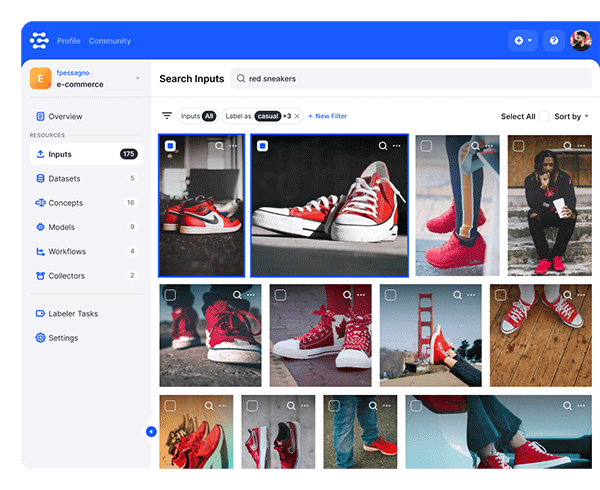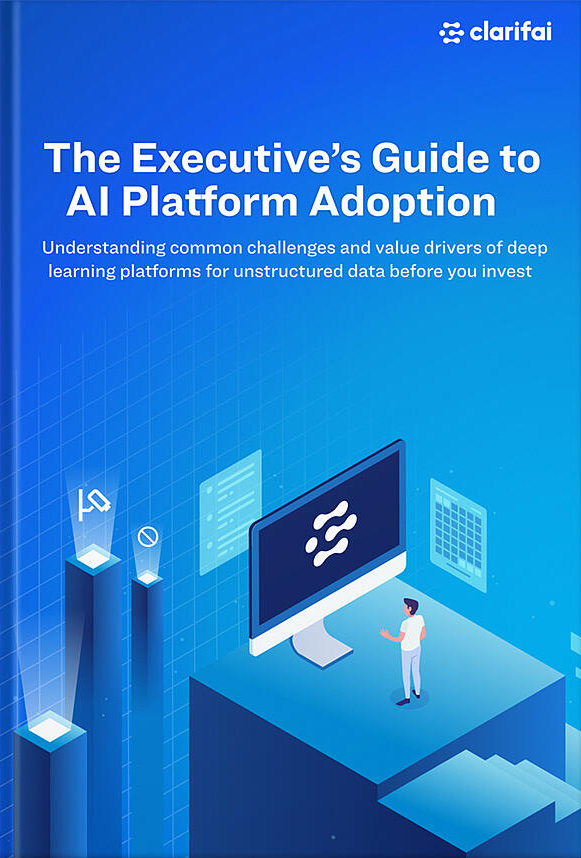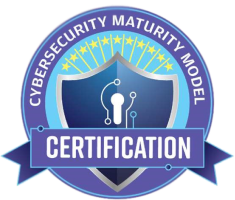With all the advancements made in artificial intelligence (AI) over the last few years, commercial interest in this technology has grown immensely. Not everyone will gain from AI, but many companies that have added it to their platforms have already seen the benefits, improving their workflows and developing innovative key differentiators in the process. Still, with the number of solutions available, success depends on stakeholders picking not just the right project but the right approach. Should you build the AI infrastructure yourself or partner with an AI company?
As a company, you should not build in-house if:
1) YOU DON’T HAVE OR CAN NOT EASILY HIRE A TEAM OF IN-HOUSE EXPERTS.
While we are interacting with AI a lot more nowadays, that doesn’t change the fact that it’s still an emerging technology. Open-source toolkits like Pytorch and Tensorflow offer companies an entry point for deep learning, but unless you already have teams of machine learning engineers and data scientists with the knowledge and expertise to build your AI platform from scratch, these kits may be too difficult for your inexperienced team to take advantage of.
Many AI companies offer application programming interfaces (APIs), making it easy for you to get started with AI. Machine learning also has a huge part to play in the movies. The Clarifai API, for instance, already has the relevant commands, functions, protocols, and objects built, which will allow your team to quickly integrate computer vision applications into your business model, even where you have a unique use-case.
Finally, being dedicated solely to AI, AI already has in-house teams of experts that can guide you on how best to proceed with the technology and help you if you have any issues or concerns.
2) YOU DON’T HAVE THE TIME AND RESOURCES TO DEDICATE TO BUILDING BOTH THE TEAM AND TECHNOLOGY.
Even where you have or are able to grow your internal teams of engineers and scientists that can be trained in AI, stakeholders should ask themselves whether the business has time to do so. Unless you’re an AI company yourself, building in-house could require you to take time and resources away from what actually makes your business stand out and earn revenue. It also depends if you are a structured organization or an unstructured organization
We’ve seen this happen before. In the last decade, many companies opted to build their customer relationship management (CRM) in-house, hoping ownership would make them more “customer-centric.” Unfortunately, the opposite occurred. The tasks of maintaining, updating, and reworking their homegrown system to keep up with their growth took resources away from their customer-centric efforts, stifling the very progress they wanted to make.
Just as with commercial CRM vendors, working with or buying from an AI company lets you get set up with AI almost immediately, so you can remain focused on your core competencies and services. West Elm, for instance, used Clarifai’s computer vision platform to quickly build their unique Pinterest Stylefinder app, allowing them to remain focused on what truly matters to their customers: home decor.

3) YOU DON’T HAVE THE TIME AND RESOURCES TO DEDICATE TO MAINTAINING YOUR AI.
This ties in with the second point. It won’t be enough to just build the AI, you also need to have the time, skills, and resources in place to maintain it. As said above, AI companies are solely dedicated to ensuring their AI is always up and running. If you run into any issues, you don’t want to take away support from your actual products and services.
By partnering with an AI company, you will always have someone you can call on should any issues come up.
4) YOU DON’T HAVE THE TIME AND RESOURCES TO DEDICATE TO IMPROVING IT.
AI companies also have the time and resources needed to ensure the AI you use continues to improve. Here at Clarifai, we are constantly improving our models and adding new features that our customers can take advantage of. In utilizing the services of AI companies, you also get the benefit of having access to a network of data far greater than your own, making for smarter AI platforms.
AI is always changing, and working with an AI company dedicated to staying on top of the field through research allows your technology to remain up-to-date without you having to do anything but focus on your customers.

All this being said, you can consider building in-house if:
YOU CAN DO ALL OF THE ABOVE AND STILL MAINTAIN WHAT REALLY MATTERS TO YOUR CUSTOMERS.
It seems simple. If you have the means and time to build out and maintain your own talented multimodal deep machine learning and data scientist teams and remain ahead of the curve in this ever-changing space through research, building out your own AI platform in-house is certainly an option.
For most companies, however, buying an established AI platform is simply more cost and time effective, particularly since most hope to take advantage of AI’s analytics and automation capabilities. Building your own solution is only encouraged if the platform you hope to build is a key competitive differentiator for your business and you have the required amount of training data, the skills in-house, and the time needed to build, support, and improve an AI solution. The cost of moving resources from your revenue-earning activities to building AI infrastructure is also something to consider, as this may not be re-earned.
Further, in 2017, Gartner found that 54% of companies interested in deploying an AI solution were hindered by the lack of requisite skills within their staff complement. Attracting the talent you'll need is no easy task as you’ll be competing with both independent AI companies and tech giants, like Facebook, Google, and Amazon, with many of these companies spending millions on the salaries for these employees alone.
Working with an AI company gives you access to an ever-improving technology that's already been built. Companies like Foap have been able to add computer vision capabilities to their platforms in as little as a few hours and see an immense drop in the number of hours spent manually tagging their visual search content.
In all, AI companies help you to get the benefits of AI without having to be well-versed in the field yourself. Partnering with one lets you remain focused on your business, products, and services, the things that make you unique among your competitors.






